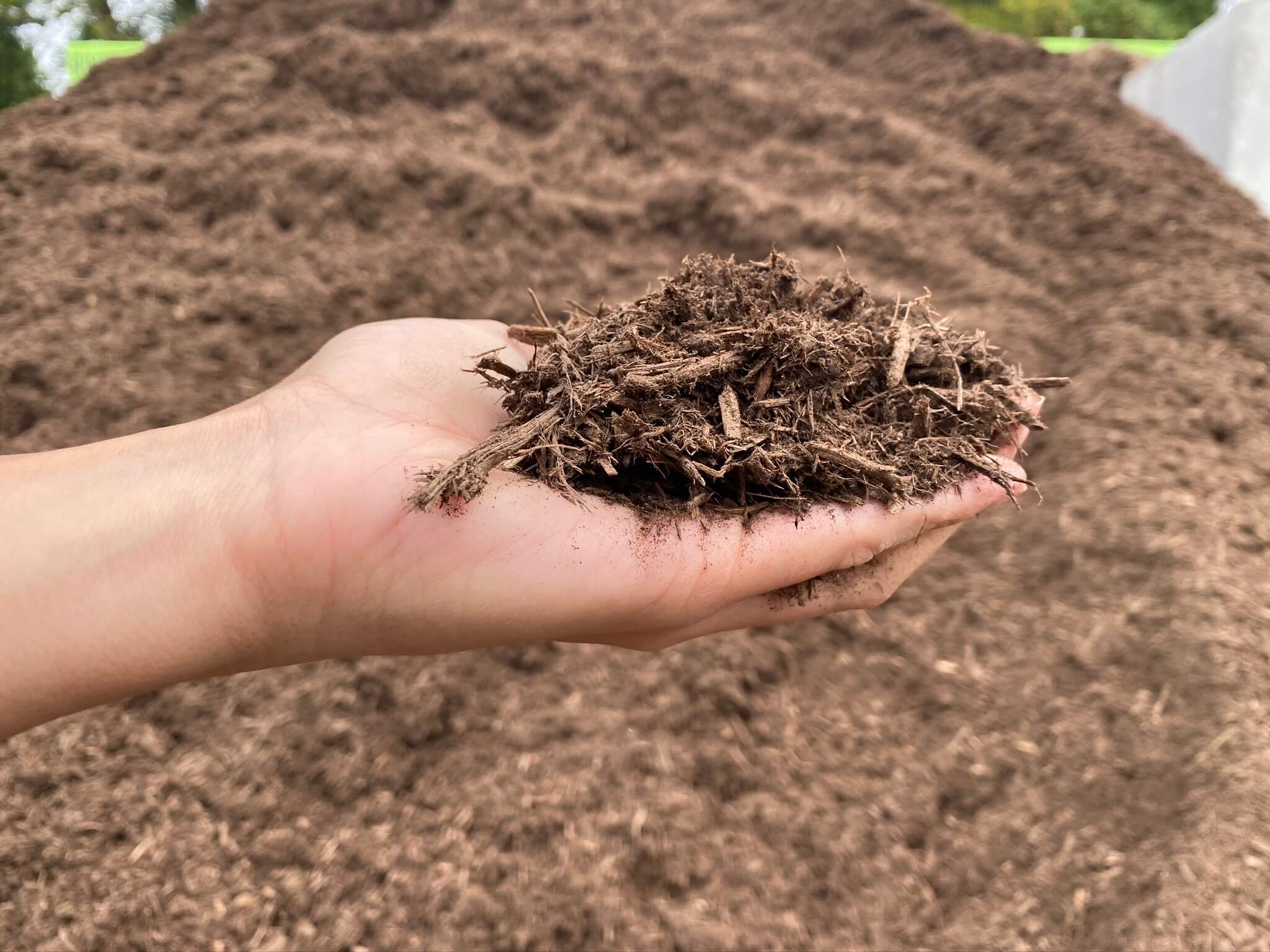Guide to Using Mulch in Your Home Garden: Unlock the Secret to a Thriving Landscape

Imagine walking into your garden, the sun warming your face, and being greeted by lush, vibrant plants that seem to dance in the breeze. The secret to this garden paradise? Mulch. Yes, that humble layer of organic material can transform your garden soil into a nurturing haven. But how do you harness the power of mulch? Let's dive in and explore the world of mulch, its benefits, and how to use it effectively in your home garden.
Understanding Mulch: The Basics
Mulch is like a protective blanket for your garden soil. It can be organic, such as wood chips, straw, or leaves, or inorganic, like stones or landscape fabric. For this guide, we'll focus on organic mulch, which offers a plethora of benefits for your plants and the environment.
What is Organic Mulch?
Organic mulch is any natural material that you spread on the surface of your garden soil. It can be anything from shredded bark to grass clippings. The key is that it's biodegradable, meaning it will break down over time, enriching your soil with nutrients.
The Benefits of Mulch: A Gardener's Best Friend
Mulch is more than just a decorative touch. It's a powerhouse of benefits that can transform your garden.
Enhanced Water Retention
In the battle against dry garden soil, mulch is your secret weapon. It slows down evaporation, helping your soil retain moisture. Think of it as a raincoat for your garden, shielding it from the sun's intense heat. According to the University of California Agriculture and Natural Resources, mulch can reduce water evaporation by up to 70%.
Superior Weed Control
Tired of weeds stealing the spotlight in your garden? Mulch to the rescue! A thick layer of mulch blocks sunlight, preventing weed seeds from germinating. It's like putting a blindfold on those pesky weeds, keeping them in the dark.
Improved Soil Health
As organic mulch breaks down, it adds valuable nutrients to your garden soil. It also encourages earthworms and beneficial microorganisms to set up shop, further enriching your soil. It's like giving your garden a nutritious, home-cooked meal.
How to Use Mulch in Your Garden
Now that you're sold on the benefits of mulch, let's get down to business. Here's how to use mulch effectively in your home garden.
Choosing the Right Mulch
Not all mulches are created equal. The type of mulch you choose depends on your plants and your garden's needs. For example, wood chips are great for trees and shrubs, while straw is ideal for vegetable gardens.

When to Apply Mulch
Timing is everything. The best time to apply mulch is in early spring, just as your plants start to grow. However, you can also apply mulch in fall to protect your plants from the cold.
How to Apply Mulch
- Prepare Your Garden: Start by weeding your garden. Remember, mulch suppresses weed growth but won't kill existing weeds.
- Spread the Mulch: Apply a 2-3 inch layer of mulch evenly across your garden. Be careful not to pile mulch against plant stems, as this can cause rot.
- Water: After applying mulch, water your garden thoroughly. This helps settle the mulch and starts the decomposition process.
Common Mulching Mistakes to Avoid
Even the best intentions can go awry. Here are some common mulching mistakes to avoid.
Too Much of a Good Thing
While mulch is beneficial, too much can suffocate your plants. Stick to the recommended 2-3 inch layer. Remember, you can have too much of a good thing.
Volcano Mulching
Piling mulch against tree trunks, known as volcano mulching, can cause rot and disease. Instead, spread mulch in a donut shape around the tree, keeping it away from the trunk.
Conclusion: Embrace the Power of Mulch
Mulch is more than just a gardening tool; it's a game-changer. It transforms your garden soil, controls weeds, retains water, and so much more. So, why not embrace the power of mulch? Your garden will thank you.
Now that you're armed with this guide to using mulch in your home garden, it's time to get your hands dirty. Happy gardening!
FAQs
Can I use fresh wood chips as mulch? Fresh wood chips can rob your soil of nitrogen as they decompose. It's best to use aged or composted wood chips.
How often should I replace organic mulch? Organic mulch breaks down over time. Aim to replace it once or twice a year, depending on the type of mulch and your garden's needs.
Can I use mulch in my vegetable garden? Absolutely! Straw and grass clippings are excellent choices for vegetable gardens. Just make sure the clippings are herbicide-free.
Will mulch attract pests? Organic mulch can attract beneficial insects, but it typically doesn't attract pests. In fact, some types of mulch, like cedar, can even repel pests.
Can I make my own mulch? Yes, you can! Leaves, grass clippings, and even shredded newspaper can make excellent homemade mulch. Just ensure they're free of pesticides and herbicides.

With this guide, you're well on your way to becoming a mulching maestro. So, grab your gloves, head out to your garden, and let the transformation begin!
0 Response to "Guide to Using Mulch in Your Home Garden: Unlock the Secret to a Thriving Landscape"
Post a Comment